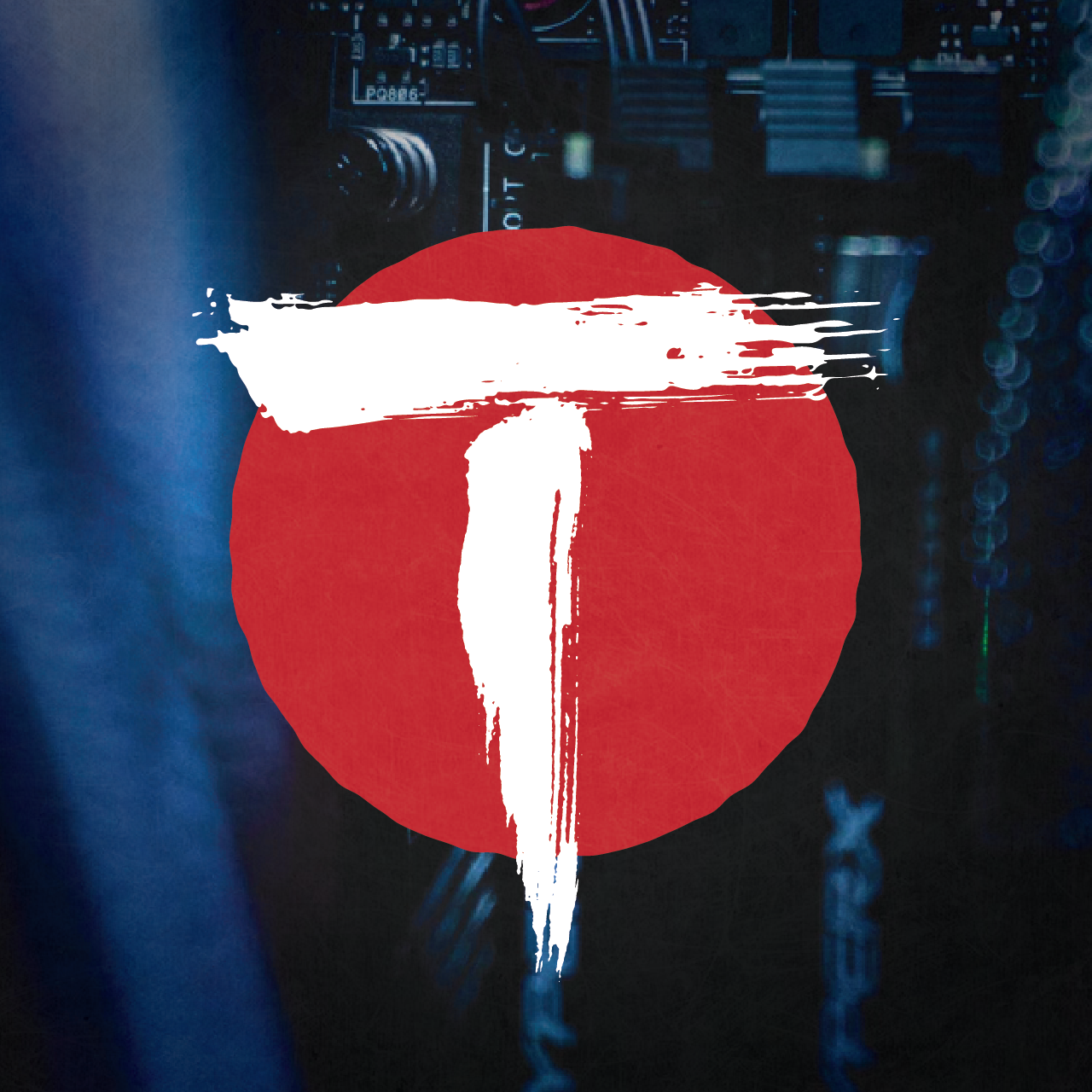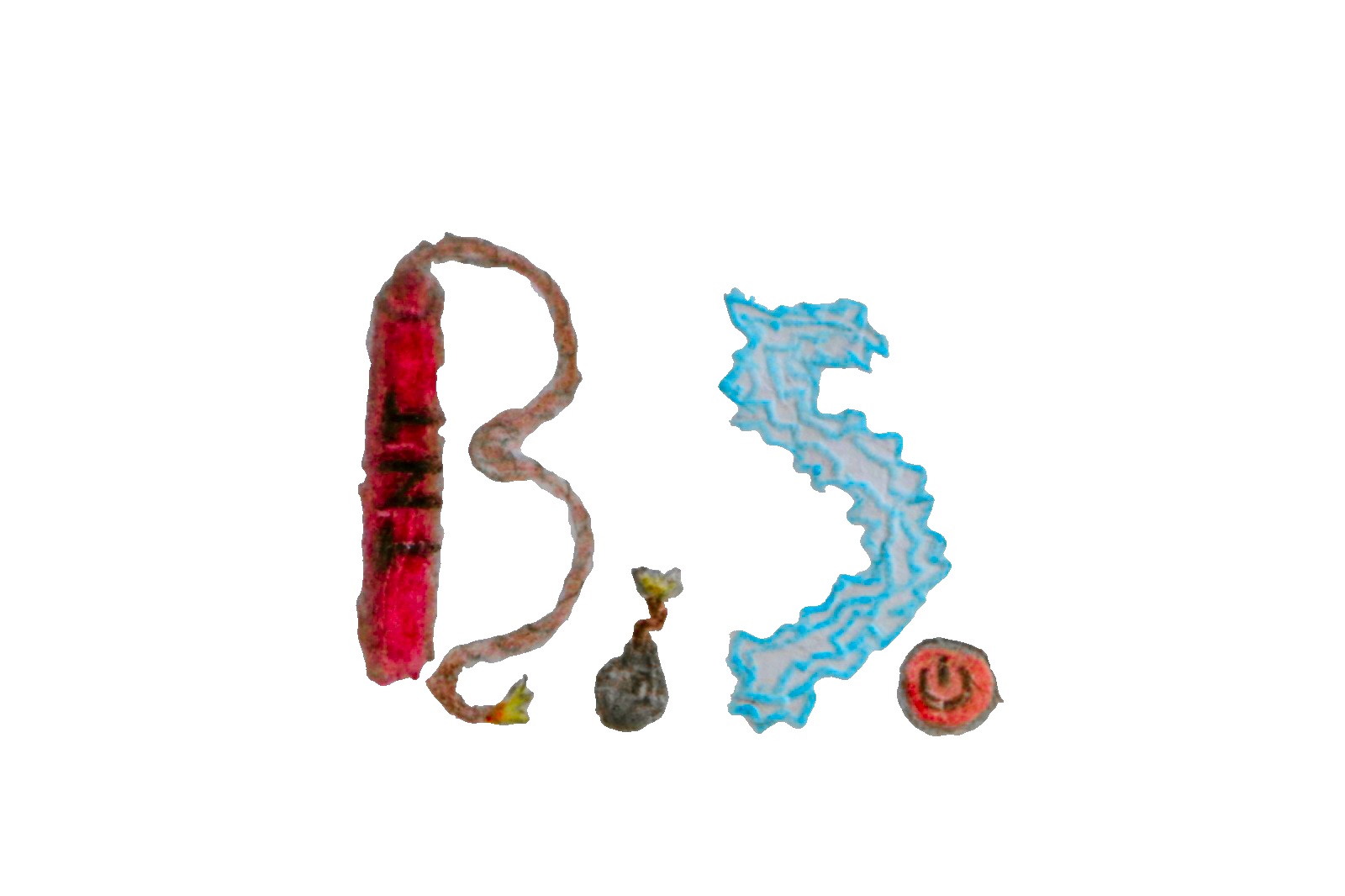So I shop around to get some bits and pieces for a good home made meal, and I notice some items say, a pack of vegan burgers, these are more expensive than regular burgers!
I’m not a vegan but I’m curious as to why these items are priced as such, it’s a bit of a pain for people who can only eat gluten free food as those items are priced high too. The bread we get for me grandpapa is pricey for what you get.
Is it different production methods that make it pricey? You’d think with healthier, easier to get ingredients would be cheaper than producing regular non vegan items.
Lower volume of sales makes the niche supply lines more expensive to maintain
Less competition means more premium prices until a competitor gets attracted to the market
As a long time vegetarian this is exactly what I noticed in the last years. 15 years ago it was almost impossible to get good vegetarian products in the supermarket. I’m talking about something like a vegetable spread, tofu sausages weren’t a thing. Over the years there were more and more competitors and now the spreads are cheap (cheap as in fucking expensive like everything else).
This was also true for Tofu etc. It started with super niche ecological brands, now there are cheap no name products available. This is what will finally also happen to the fancy burger patties that are on the market for some years now.
But you can be sure everyone in the chain will make their margin on the way except for you.
Edit: Beware US citizen, I am speaking for my home country which is Germany.
There’s probably also a lot of r&d that still needs to be earned back as opposed to the meat industry which has streamlined everything.
It’s worth noting that vegan and gluten free foods are not more expensive… Substitute foods are
Beans and rice are pretty cheap by the bag. It’s all about marketing.
which is what most people need to transition to a vegan diet without having to spend a massive amount of time and energy to relearn how to cook.
i’m really not a fan of this semi-elitism that goes “just eat beans and rice!!”, living on only that is utterly fucking depressing and that should be obvious.
It’s not elitism… It just costs more to turn food into something it isn’t than it does to turn it into something it is.
If I wanted to make a bag of beefroccoli to help vegans transition into eating meat, it would cost a fortune!
For gluten free products: the whole production chain needs to use different tools or be sealed off from the rest. You can generally use the same mill, kneader, oven, tray for barley, wheat, rye, etc without meticulous cleaning in between. But if you want it to be gluten free you now need to either do that expensive cleaning or more realistically have an entirely separate set of machinery and ensure it never gets in contact with your main line.
Meat and dairy are subsidized so that consumers pay below market value for those products, the market is not fair and it’s not free either.
That’s why.
All of agriculture is subsidized. American consumers don’t pay a fair price for anything that’s grown in the US. We don’t pay a fair price for the labor used to pick fruit and harvest the fields, because the farmers use undocumented migrants that are paid below minimum wage.
Do you think we’d be putting corn in our gas tanks if that shit wasn’t subsidized up the ass?
You’d think with healthier, easier to get ingredients would be cheaper than producing regular non vegan items.
Where do you get the idea the ingredients would be healthier or cheaper? Have you ever read the ingredient list of a typical vegan food item? They are some of the highest processed foods the industry can provide, with long lists of chemical additives to make a vegan food item resemble … food. In the US, they even use food colorings for that stuff that are illegal for ages in other parts of the world.
Take that vegan burger, for example. It typically starts with TVP (Textured Vegetable Protein), already highly processed stuff made from soy beans, wheat, or peas. And it gets downhill from there. Watch this guy and learn: https://www.youtube.com/watch?v=7ND4lUi-i2s - if you cannot make sense of his German, just skip to 4:36 where he shows what kind of chemicals one needs to make a “vegan burger patty”.
Though red meat isn’t healty either. Same for salted meat. I’m not sure how it compares to highly processed food. You might be better off with that… But we’re comparing two things here that both aren’t ideal. Ultimately you’d be better off eating neither of them.
I eat for happiness. You have to die of something and I’m going to die of happiness.
Indeed. If you want to live vegan, do so, and avoid “vegan meat substitutes” of all kinds.
You’re right for processed veggie stuff, but OP’s statement also works for tofu, seitan or tempeh. It’s usually way more expensive per kg than meat, be it chicken or beef.
What makes you think that processing food through an animal is healthier than through a factory?
You have to compare the actual nutrients contained in the product to draw any conclusion about health effects, and the macros are fairly similar for the plant-based versions compared to a given meat product.
The average person (in developed countries) eats significantly more meat than the recommended upper limit by nutrition organizations.
If you just go by the naturalistic argument, you’d conclude that processed drinking water is worse than untreated water, and that vaccines are worse than “perfectly natural” diseases. It’s a common logical fallacy.
The supermarket does not care how it was made.
Vegan is a feature, so they want to make you pay extra for it.
For the things you mentioned, the vegan and gluten-free options are processed much more. Beef, for example, is arguably a “whole food.”
Gluten-free isn’t healthier unless you have specific conditions. Most people can handle gluten fine, and some vegan foods are primarily gluten (such as seitan).
Vegan isn’t inherently healthy, especially if your eating mostly processed foods. A primarily whole-food vegan diet is likely healthier and cheaper than most people’s diets though.
Adding to all of this: the meat and dairy industry are heavily subsidised in the US and many european countries, meaning the government pays a lot to keep the cost of the products down.
Economies of scale and subsidies/successful lobbying.
I think others have covered the economies of scale and niche products creating the disparity.
But I wanted to suggest that if your grandpa is regularly eating gluten free bread, we have found that making it at home is SO much more affordable than buying a loaf at the store. (Even though gluten free flour is also more expensive.) Most of the gluten free flours have their own sandwich bread recipe, either on the bag or their website. I don’t know what flours you have access to, but they can be wildly different blends, so using their tested recipes is always best.
We’ve mastered our favorite so it takes only 15 minutes of “work” and then just time in the oven. It’s also much better than store bought! I don’t know if that’s possible for you, but it could be a lovely weekly ritual for you and your grandpa.
Also, to anyone suggesting we just eat rice and beans, I’m an old celiac. We went without bread, pasta, cake, pastries, cookies, brownies, pizza, and crackers before these products came to market. These are mostly “fun” foods that I don’t eat regularly, but usually pop up in social situations. Do you know how many sad birthdays with no cake we’ve had? How often we’ve watched our friends and family eat things we could never have? I am so grateful to the “fad” gluten free people who made it possible to have culturally/socially important foods we were missing out on for decades!!
At one time vegan shoes were cheap. And suddenly, everywhere the non-leather shoes disappeared and vegan shoes popped up and were advertised at ridiculous prices. They just changed the wording and adjusted the prices. It’s just a marketing tactic and one they use often for whatever stuff you can buy. It’s not so much that people are willing to pay. It’s just that vegan friendly, decently quality at decent prices are very hard to find now. At least here in the european country where i live.
Vegan =/= health, salted fries, palm oil and ketchup is all vegan and I doubt you think of it as healthy.
But anyways, only reason healthy food would be cheaper than non healthy one is if there’s taxes on the non healthy stuff. Non healthy stuff is sold because it’s cheaper or tastier. If they can add the healthy label to sell more they will.
Have a friend that did a masters in psychology which paper was about Biological food. Anything you see with that label gets a price hike. Rarely the on the actual products tested there were feasible differences because biological isn’t a well defined concept.
Father of a friend plants biological tomatoes for himself. For his peers, you just need to not add chemicals and treat that plant biologically. He however only accepted produce as biological if the seeds came from a platelet treated as such, so his biological stuff is second generation onwards.
Since the concept isn’t clearly defined, it’s bs and companies use whatever they can to make a buck.
biological
I suspect you mean “organic”?
@Nougat@fedia.io
Indeed. My guess is that @AdNecrias@lemmy.pt speaks a germanic language where the English word ‘organic’ translates to ‘biological’
Latin one! And in this context in Portuguese, yeah they do translate to that.
But we still see both labels being used, sometimes in the same product. I’m saying label here because I don’t think what companies use the word as and what it actually means aligns.
Oh, yes, I meant no shade at all.
I was now informed by my friend that over here the term biological sometimes refers to more a non-gmo nature of the product, and organic the non use of chemicals. It’s still pretty messy with how they used but what she saw defining it tended to that distinction.
It means that, but both labels appear in Portuguese here. Orgânico and biológico.
Given your question I assume in English the term has a more biohazardy connotation?
In English, “biological” is a relatively neutral word when used by itself. It just means “of material caused by life.” Organic, in the context of food products, carries the notions of “natural purity” and “without laboratory-made additives/pesticides/fertilizers.”
But, as you say, “organic” doesn’t really mean that, the US guidelines for what qualifies as “organic” are far looser than most people think, and will vary between different kinds of products. Kind of like how “cage free” eggs are not necessarily any more humane, and could arguably be less humane depending on the farm.
I was thinking something similar too:
Why almond/soy milk is more expensivs than cow milk? To make almond/soy milk you just need to maintain the plants. To make cow milk you need to have cow food, take care of the cow etc. and generally it seems much more inefficient than making plant-based milk. I dont know if they use the whole almond/soy etc to make the milk or only part of them, but still.
On this wikipedia article, under Nutrition and Sustainability, you can see for example that while Soy and oat milks have around half (almond has around ¼) the calories of cow milk (plant based milks seem to be healthier too, due to lower saturated fats and sugar contents), they are much more efficient to produce. Like, oat milk seems to be around 6-7 times more efficient to produce than cow milk which counters the fact that it may have half the calories.
Some may consider cow milk as byproduct of the meat industry, but since baby cows need to feed from it and cows already spend energy to make it, I dont think of it that much as byproduct, it’s necessary.
As someone people said though, it probably is due to the financial incentives given to the cow milk industry🤷
You can make vegan milk at home and it’s way cheaper than cow’s milk. Oat milk is SUPER EASY: 1 cup oats/2 cups water, soak for 15 minutes, blend and strain. Others are similarly easy and there are plenty of recipes online.
Wut👀 wow, thanks
Might check it soon
Home made vegan milks have a very short shelf life compared to the supermarket version. But as said, are super cheap to make.
When making almond milk, I add the left over almond milk pulp to my bread dough.
Yeah it makes sense that they dont last long enough
Its subsidies that keep it cheep. Producing beef doesn’t provide free milk. Typically different varieties of cattle are used for dairy and beef. But dairy cows may end up in low grade beef - except when they are put to pasture after their useful life and given a year to rest (this beef is more expensive).
Because they can
Anything that’s trendy they know people want to buy they can charge more because people pay it.









